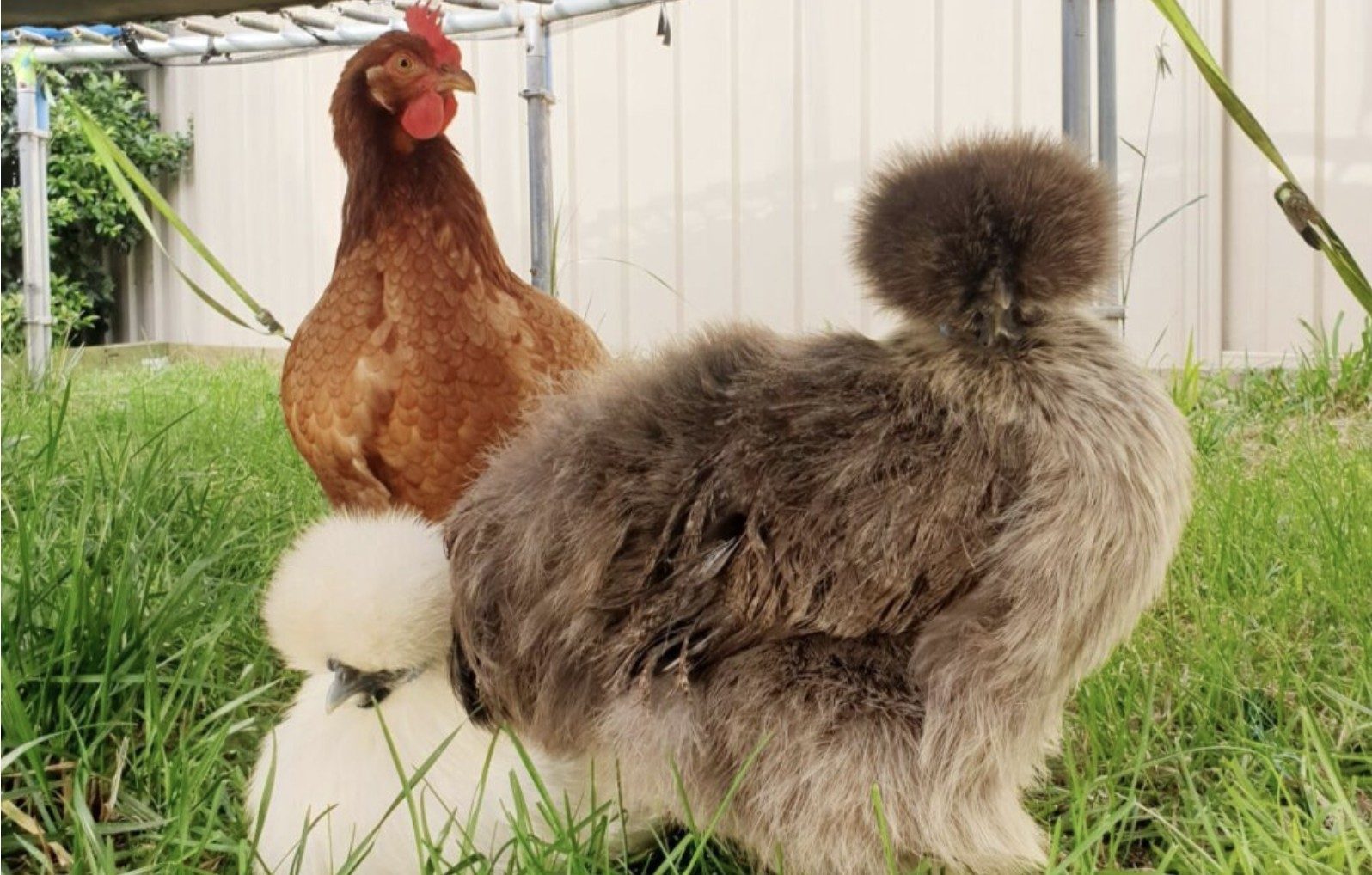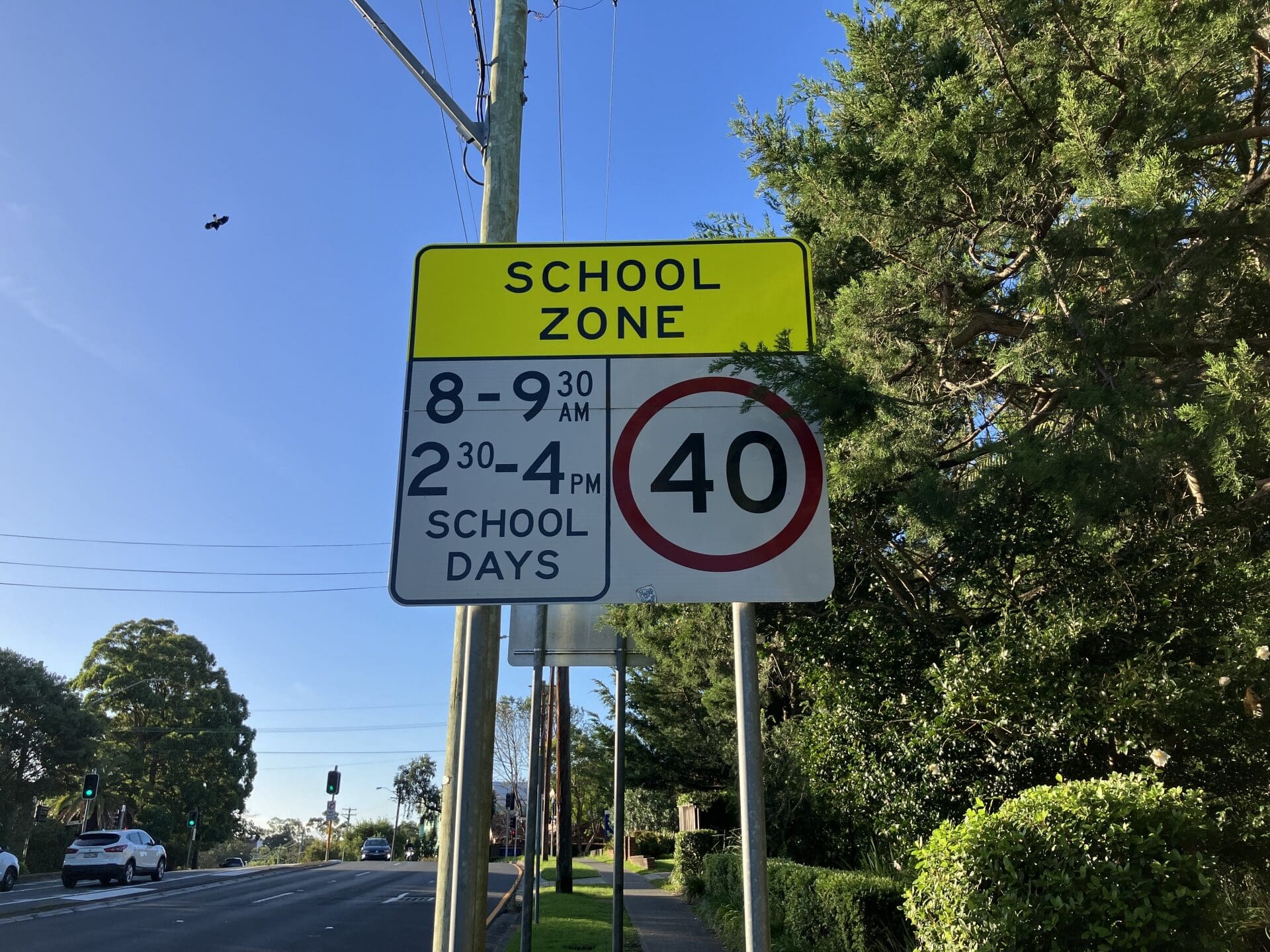第85回「バズる」って何?
What is Bazuru?
日本人には常識でも、文化の違うオージーにはイマイチ伝えづらい…。
そんな時にぴったりの表現や話の流れをご紹介。
(池田俊一 オーストラリア国立大学アジア・太平洋カレッジ日本センター 協力:池田澪奈)
エピソード
友達が『この動画、今かなりバズっているから送るね』と言っていたけれど、これってどういう意味?
Aussie: バズ (Bazu)? Asin, Buzz Lightyear (from Toy Story)?
You: Haha, not quite! Although, interestingly enough, the バズ of バズる (bazuru) actually DOES come from the word ‘buzz’, but not via the movie character’s name.
Aussie: Oh, then what is it from?
You: It comes from the term ‘buzz marketing’, a viral marketing technique that focuses on word-of-mouth potential for a particular product or campaign. This, in turn, became バズる; to gain an immense amount of attention / popularity through social media and the internet (online ‘word-of-mouth’), whether that be for a post, picture or video.
Aussie: Oh, I see, so they grabbed the ‘buzz’ part that depicts that something is ‘a buzz’, and made it into their own 和製英語 (wasei eigo) [“Japanese-made English word”].
You: Yes, since there wasn’t really a word in existence already which described this phenomenon of ‘being viral on social media and the internet’. Like I just said, in English, there’s the term “viral”, but that term is still strictly medical in our language.
Aussie: It makes sense though, because the word gives off the sense of people crowding around and they’re all ‘a buzz’ about whatever this thing in front of them is – in a figurative sense, since the post, picture or video is in front of them via their phone, tablet or computer screens.
You: Yes, like that news of a town’s newly elected mayor being a dog. That’s バズっている (bazutteiru) right now.
Aussie: Oh, I saw that! The video was so cute.
You: Oh, there was a video? I only read the article. You’ll have to link me the video!
Aussie: …And I guess this is exactly how it came to be バズっている!
説明する時のポイント
「バズる」という言葉は「サボる」や「ダブる」と同じように、元々英語だった言葉に「る」を付けて動詞化し、「バズって」「バズった」「バズらなかった」のように活用させることもできる、と教えてあげよう。そして「バズ」は英語の“buzz”という言葉からで、元々は「蜂が飛び回る時のブンブンという羽音」のことで、そこから「1つの場所に大勢集まってうわさ話などでざわざわする」といった意味で使われる、と説明しておこう。そこから転じて、短期間で爆発的に話題が広がり、多くの人の耳目や注目を集め、世間に広がって行く様子といった意味で用いられると説明を加えておこう。そして、主にインターネット上におけるソーシャル・メディアなどを通じた拡散状況について使われる、と補足しておきたい。
【単語・成句】
not quite ちょっと違う
DOES(強調したい時に使われる)
via~ ~から/~に由来する
buzz marketing 口コミ・マーケティング
viral marketing technique 拡散を誘導するマーケティング手法
word-of-mouth 口コミ
in turn 順繰りに
immense 途方もない
grab 借用する
depict 描写する/写し出す
still strictly medical まだ厳密に医学用語
in a figurative sense 例えて言えば
it came to be 好例だ
【会話文で使える表現】
“whether that be ~”という表現は、その後に来る言葉が「何であれ」「どんなことでも」といった意味で使われる。
【例1】“Scott likes all types of music, whether that be pop, folk, classical or even heavy metal.”「スコットはポップ、フォーク、クラシックそしてヘビメタまで、音楽なら何でも好きだそうだ」
【例2】“Cats like small spaces – whether that be behind the couch, under the bed or even in a box that is almost too small for them.”「猫はソファーの後ろやベッドの下、小さすぎると思われる箱の中など狭いスペースを好む」
【例3】“My mother doesn’t find the latest technologies terribly useful, whether that be a smart phone, tablet or laptop.”「母はスマートフォンだろうが、タブレットだろうが、ノート・パソコンだろうが、最新のIT製品が便利だとは思っていない」











